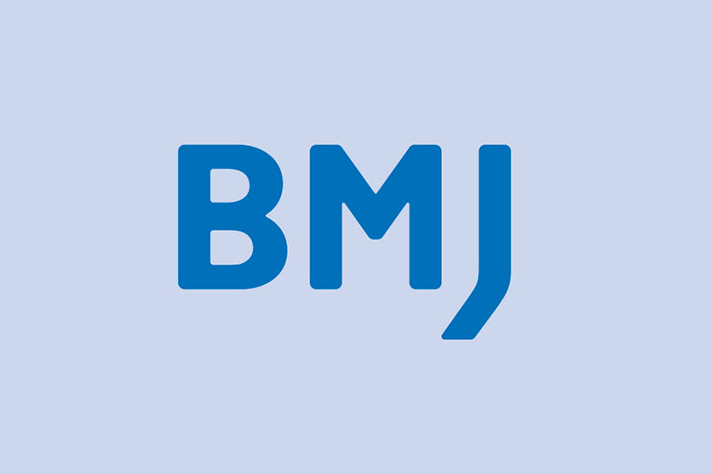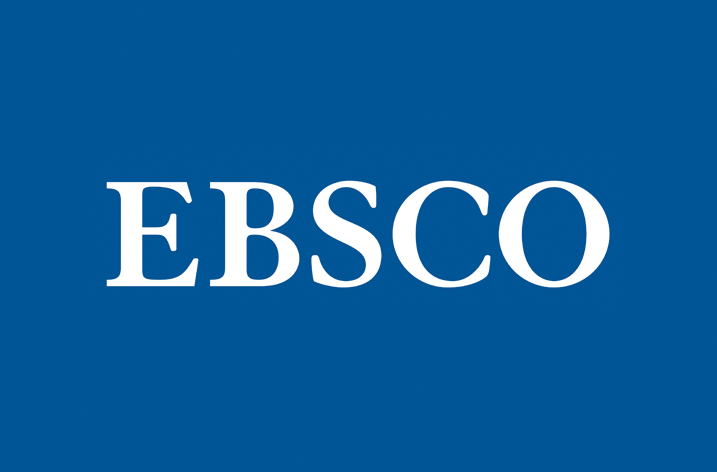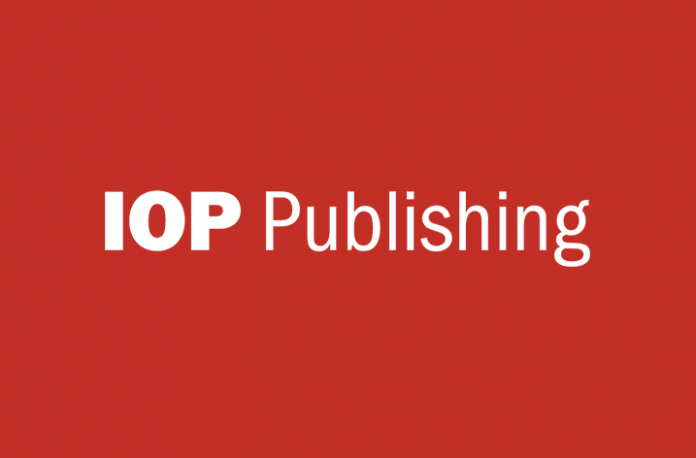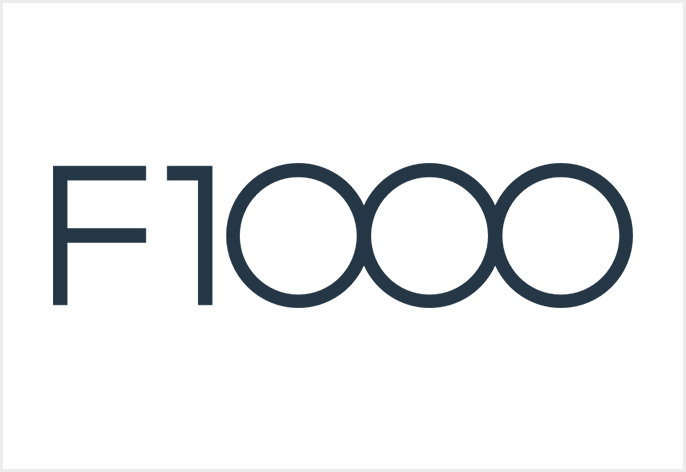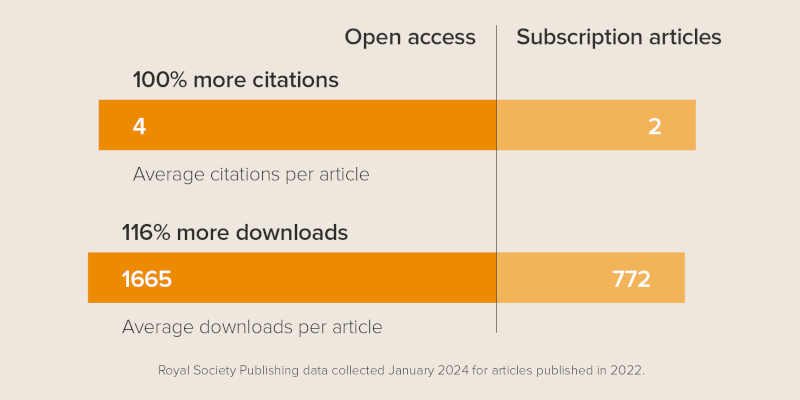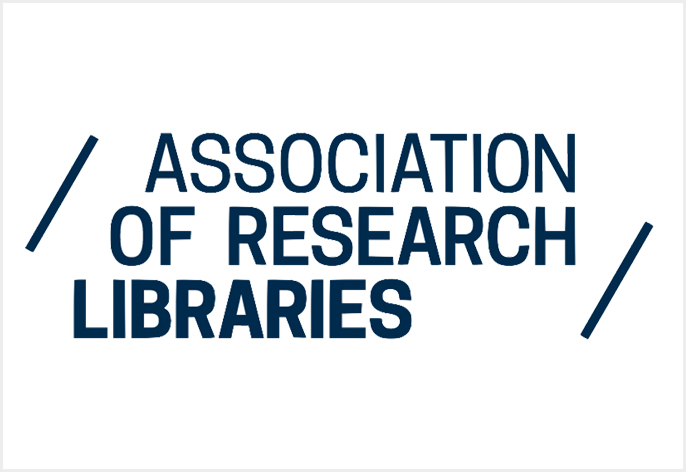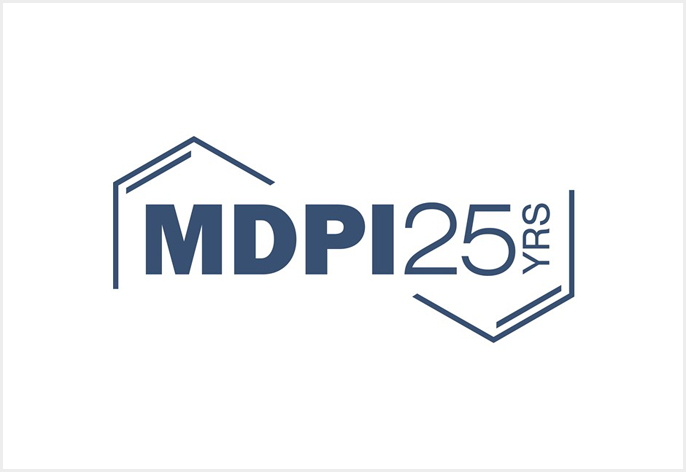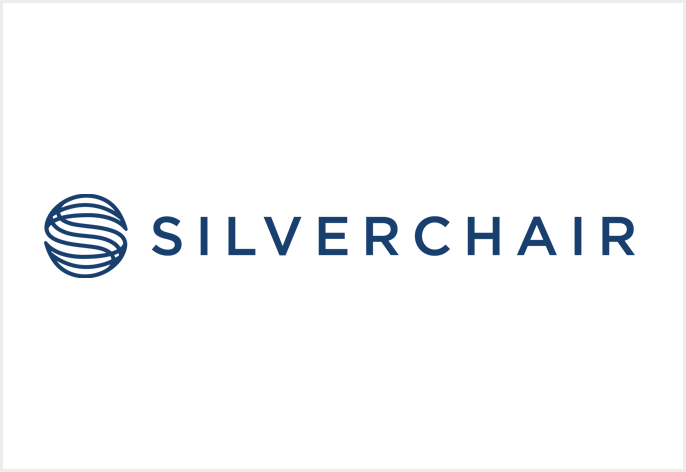MDPI has released its 2024 Achievements Report, highlighting key milestones in its commitment to open access publishing. Over the past year, MDPI tripled the size of its research integrity team, expanded its global workforce by 750 to reach 6,650 staff across 21 offices, and published 238,000 peer-reviewed open-access articles. The publisher also recorded more than 25 million downloads of its fully open-access research, reinforcing its role in making knowledge freely accessible worldwide.
“Reflecting on 2024, we remain committed to making research accessible to all,” said Stefan Tochev, CEO of MDPI. “Our success is a testament to the dedication of our employees, authors, reviewers, and partners. Together, we are shaping the future of scholarly communication.”
Strengthening Research Integrity
In 2024, MDPI made significant investments in research integrity. Alongside tripling the size of its dedicated integrity team, the company introduced key updates to its publication ethics policies, enhancing transparency in corrections and addressing the evolving role of Generative AI (GenAI) in publishing. MDPI also joined global initiatives such as United2Act and STM’s Integrity Hub to further support best practices in scholarly publishing.
These efforts contributed to a rigorous peer review process, with 215,000 expert reviewers evaluating nearly 600,000 submitted manuscripts. Of these, 238,000 were published, reflecting an overall rejection rate of 60%.
MDPI’s journals strengthened their presence in major multidisciplinary databases, including Web of Science (Clarivate), Scopus (Elsevier), the U.S. National Library of Medicine’s platforms (PubMed Central, PubMed, and MEDLINE), Engineering Village, and Chemical Abstracts (CAS). More than 90% of MDPI journals evaluated for Web of Science were accepted, and just under 300 journals are expected to receive a Journal Impact Factor in 2025. Overall, 97% of MDPI’s 2024 articles are indexed in Web of Science.
“Our strengthened focus on research integrity underscores MDPI’s commitment to upholding the highest publishing standards,” added CEO Stefan Tochev. “We have grown our research integrity team and updated key ethical policies, proactively addressing emerging challenges while ensuring a robust peer review process. The strong presence of MDPI journals in leading databases reflects the trust placed in us by researchers and institutions worldwide.”
Global Growth & Community Engagement
MDPI continued to expand its global footprint in 2024. For example, amid a 15–20% increase in submissions from the Asia-Pacific region, the company opened a new office in South Korea. Additionally, MDPI established 68 new institutional partnerships worldwide, bringing the total number to more than 900. A landmark agreement with ZB MED in Germany now provides open-access support to 110 universities and research institutions.
MDPI’s commitment to an author-centric publishing experience was reflected in positive feedback from its community. In 2024, 95% of submitting authors rated their overall experience as excellent or good, while 92% praised the peer review process. Reviewers and guest editors also expressed high satisfaction, with 82% and 84% rating their experiences positively respectively.
“Our continued investment in the editorial community demonstrates MDPI’s commitment to supporting researchers worldwide,” said CEO Stefan Tochev. “Expanding into South Korea and establishing new institutional partnerships strengthens our global reach. Meanwhile, the overwhelmingly positive feedback from authors, reviewers, and editors reaffirms our dedication to maintaining a high-quality, author-focused publishing experience.
“Building on the progress of 2024, MDPI remains focused on advancing research integrity, expanding access to high-quality open research, and strengthening collaborations with the global research community. The company will continue to adapt to emerging publishing trends and maintain its commitment to rigorous editorial standards.”
https://www.mdpi.com/annual-report-2024








